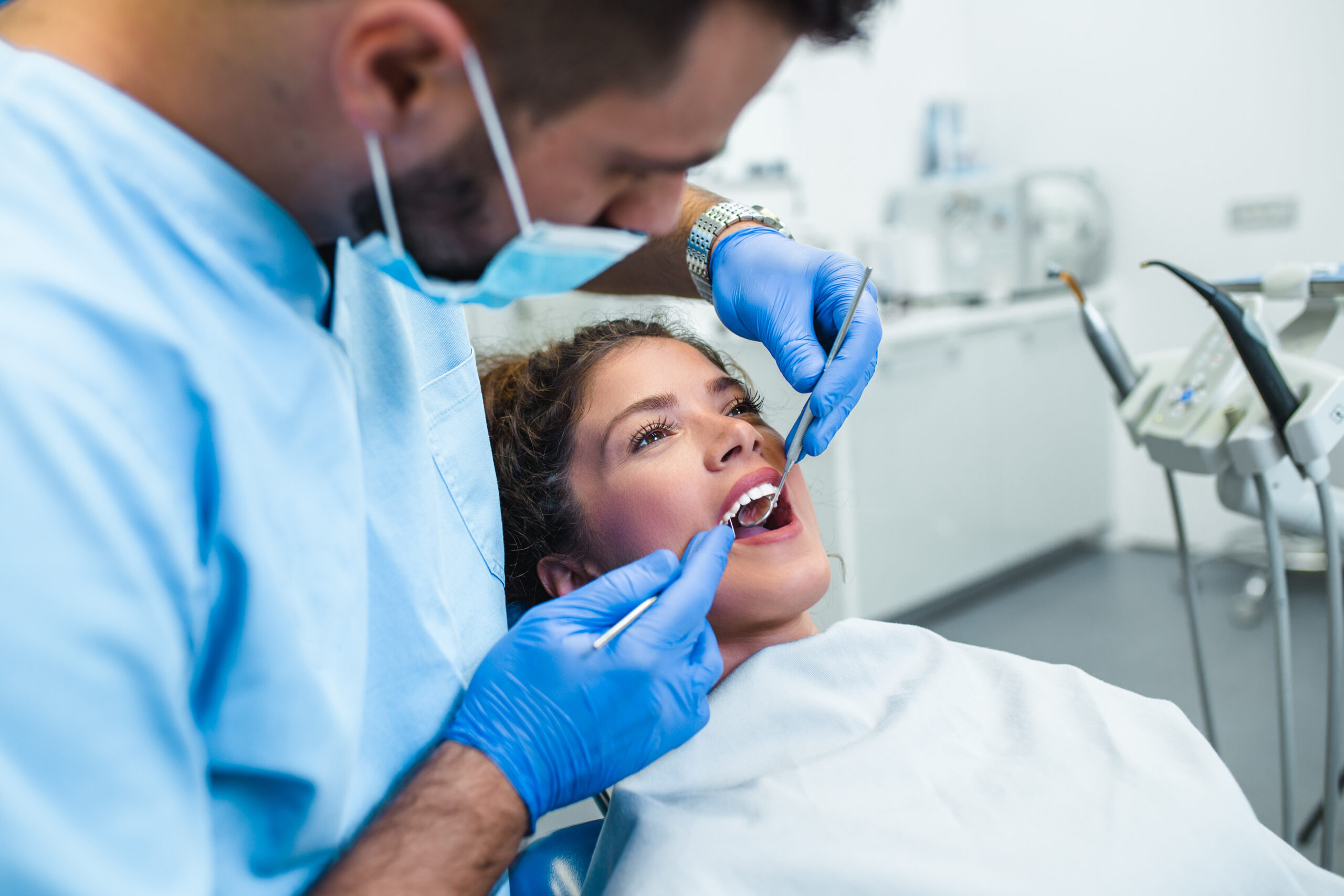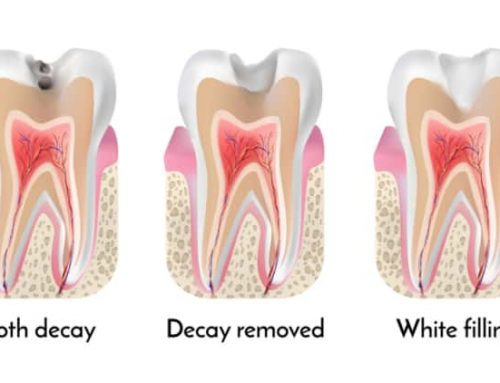Wondering how a teeth cleaning is performed? The process is straightforward and vital for maintaining oral health, removing plaque, tartar, and stains to keep your smile bright and gums healthy.
A professional teeth cleaning, or dental prophylaxis, is essential for preventing gum disease and tooth decay. Regular cleanings not only improve the look of your smile but also support overall health by reducing harmful bacteria in the mouth. At Pickett Family Dental in Keller, TX, we ensure that each cleaning is thorough, comfortable, and tailored to your needs. Understanding what happens during a teeth cleaning can ease any concerns and help you feel prepared for your next visit.
What Happens During a Teeth Cleaning?
A teeth cleaning is a multi-step procedure designed to remove plaque and tartar that regular brushing and flossing can’t reach. It usually begins with a physical exam of your mouth, followed by the actual cleaning, polishing, and fluoride treatment. The entire process is completed by a trained dental hygienist, and it typically takes about 30 minutes to an hour depending on your oral health.
The physical exam is an important first step. Before starting the cleaning, the dental hygienist will use a small mirror to check around your teeth and gums for any signs of gingivitis, cavities, or other potential issues. This ensures that any problems are caught early on and addressed during your visit.
Once the exam is complete, the hygienist will use special tools to remove plaque and tartar buildup. This process, known as scaling, targets areas above and below the gumline. Even with the best home care routine, it’s difficult to remove tartar yourself, so this professional step is crucial in maintaining oral health.

Why Tartar Removal is Essential
Tartar is hardened plaque that can’t be removed by brushing alone. It forms when plaque stays on the teeth too long and solidifies, becoming a breeding ground for bacteria. If tartar isn’t removed, it can lead to gum disease, cavities, and even tooth loss. Regular cleanings keep tartar in check and ensure that your gums stay healthy.
The scaling process may involve slight pressure, but it shouldn’t be painful. If you have sensitive teeth or gums, let your hygienist know so they can take extra care around those areas. For most patients, this step is more about feeling a thorough cleaning than experiencing discomfort.
Polishing and Flossing After the Cleaning
After scaling, the hygienist will polish your teeth using a gritty toothpaste-like substance known as prophylaxis paste. This step not only smooths the surface of your teeth but also helps to remove surface stains. The polishing feels similar to an electric toothbrush but with a deeper clean.
Once your teeth are polished, the hygienist will floss between your teeth to ensure all debris is removed. This step is critical because it helps clean out any leftover particles that might be lingering between your teeth or along the gumline. It’s also an opportunity for you to ask any questions about your flossing technique and get personalized advice on how to improve your routine at home.
The final step in most cleanings is a fluoride treatment. Fluoride helps protect your teeth from cavities by strengthening your enamel. The fluoride is applied as a gel or foam and left on your teeth for a few minutes. Some patients may experience a tingling sensation, but it’s a painless and quick way to boost your oral health.
Important Benefits of Professional Teeth Cleanings
Regular teeth cleanings offer more than just a bright smile. They provide critical benefits for your oral health and overall well-being. Here are three key advantages of routine cleanings:
- Prevention of Gum Disease: By removing plaque and tartar, dental cleanings help prevent gingivitis and more severe gum disease, both of which can lead to tooth loss if untreated.
- Cavity Prevention: Plaque contains acids that can erode tooth enamel, leading to cavities. Removing plaque and tartar keeps these acids from harming your teeth.
- Fresh Breath: A clean mouth is a healthy mouth, and routine cleanings help reduce the bacteria that cause bad breath. If you’re concerned about halitosis, regular cleanings can make a big difference.
Another benefit of routine cleanings is that they allow your dentist to catch any potential issues early. Whether it’s a small cavity or early signs of gum disease, early detection means more straightforward and less invasive treatments.
How Often Should You Get a Teeth Cleaning?
Most dentists recommend a professional teeth cleaning every six months. However, depending on your oral health, your dentist may suggest more frequent visits. Patients with a history of gum disease, for example, may need to come in every three to four months to prevent the disease from progressing.
In between cleanings, maintaining a strong oral hygiene routine at home is crucial. Brush your teeth at least twice a day using a fluoride toothpaste, and don’t forget to floss daily. These habits, along with regular dental checkups, will keep your teeth and gums healthy for years to come.
Tips for Making Your Teeth Cleaning More Comfortable
If you’ve had an uncomfortable experience in the past, there are steps you can take to ensure a more pleasant teeth cleaning at your next appointment. Letting your dental team know about any sensitivities or concerns beforehand is one of the best ways to guarantee a smooth process.
For patients with sensitive teeth, using a toothpaste designed to reduce sensitivity a few weeks before your appointment can help. Over-the-counter pain relievers like ibuprofen may also be taken an hour before your cleaning if you’re concerned about discomfort.
Drinking plenty of water in the days leading up to your cleaning will keep your gums hydrated and reduce any inflammation. Avoiding very hot or cold foods before your appointment can also help minimize any discomfort from sensitivity.
When you need a thorough, comfortable teeth cleaning, Pickett Family Dental in Keller, TX, is here for you. Our experienced team is committed to making sure you leave with a healthy smile and the knowledge to maintain it. Book your next appointment with us and see how we make dental care easy and stress-free.



